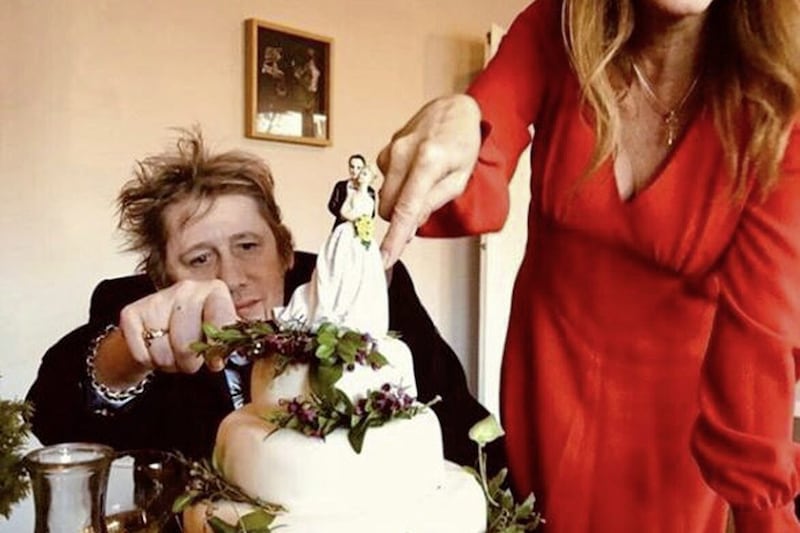Witch, BBC Sounds
India Rakusen is a journalist with a spellbinding voice and an interest in witches.
It’s the way she speaks that’s enchanting: “Spring is smudging into a hot summer…”
This is Witch, but don’t expect any of the ancient drivel about warts and broomsticks.
Her witches are modern-day women who’ve taken the childhood thrill of believing in fairies at the bottom of the garden and made magic a part of their adult lives.
In The Spark in the Fire, episode one in the series, we are celebrating the May feast of Bealtaine – bright fire.
Not a cauldron in sight.
Two sisters, Emma and Nicola, are standing over a crackling fire in their back garden burning things.
There goes that bill, and a party invitation that you didn’t want.
The conversation is warm and chatty – the fire has its own magic and the talk is of wishes and intentions, bringing to mind what you want for the time ahead.
So you don’t believe in magic, Rakusen says to us, but do you make a wish when you blow out the candles on your birthday cake. Do you kiss a grazed knee better or touch a tree for luck? Surely that is a belief in magic.
If you think that this is light and fluffy and “in” for a certain generation – on Instagram there are witches everywhere – then think again.
She goes deeper, talks to historians, scientists, writers and politicians and guides us through a brutal past.
Meet Claire Mitchell, KC, in Edinburgh.
We stroll with her through Princes Street Gardens and on to a small fountain “hiding down there in the corner”.
The Witches' Well is a memorial to those people – mainly women – who were burned at the stake close by, in a terrible miscarriage of justice.
They were accused of killing neighbours’ animals, changing the weather, making people they didn’t know sick.
They were strangled first, then burned at the stake, she said.
Claire Mitchell is leading a campaign for the city to recognise how 2,500 innocent people were accused, tortured and murdered from the 1560s onwards
The campaign is for a state apology, a posthumous official pardon and a considered national monument.
An estimated 60,000 people were executed across Europe, she said.
Rakusen’s powerful, considered reports wield their own kind of magic.






